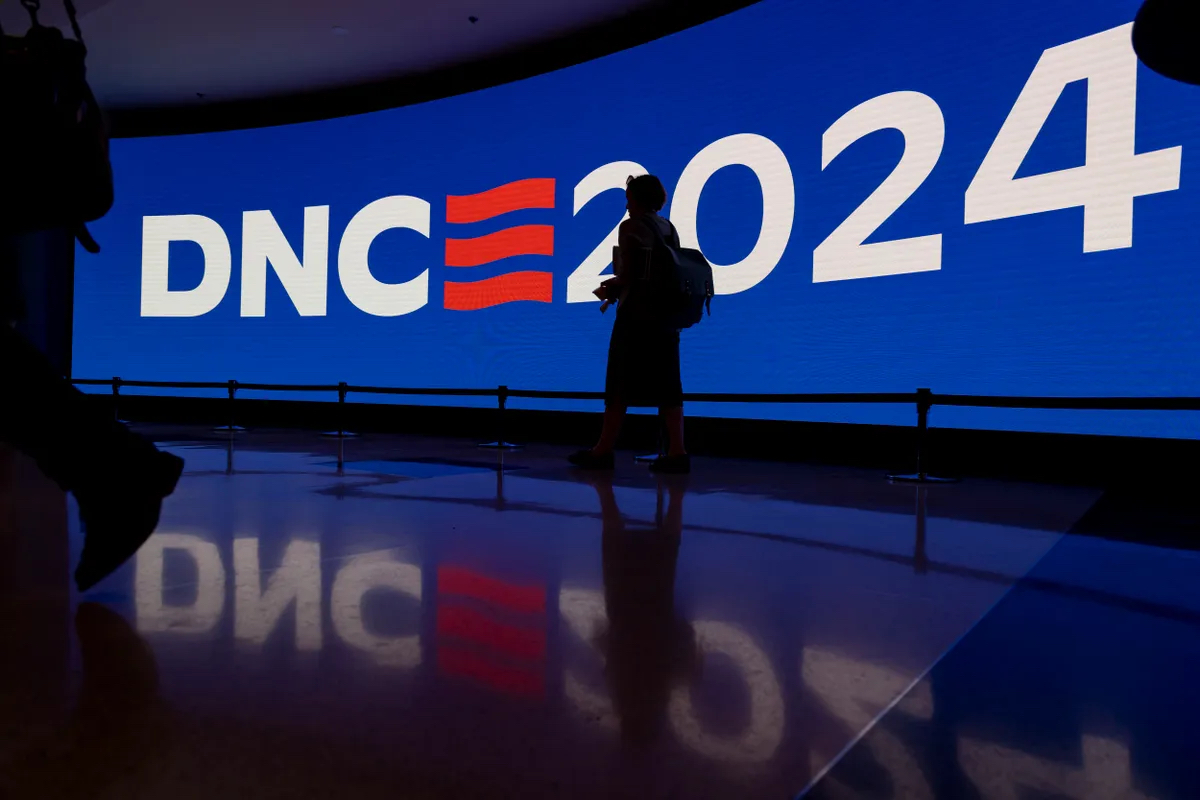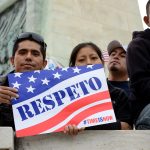November 6th, 5:45 am. As America awoke to the news of Donald J. Trump’s victory, many wondered if it was truly a surprise. For some—extremists on either end of the political spectrum—it may have been, but a substantial group of independents, conservative Democrats, and traditional Republicans anticipated it. Could the Democratic National Committee (DNC) have avoided this loss, or are they locked in a pattern of errors?
Kamala Harris and the DNC’s Disconnect
Kamala Harris is a product of a DNC system out of touch with the will of the people. This observation is not about Harris as a former Vice President but about a DNC that prioritizes party hierarchy over public sentiment. The strategy of imposing candidates rarely resonates, especially in politics, where emotion and relatability drive voter behavior more than mere logic.
The Dangers of Internal Bias: “Drinking Your Own Kool-Aid”
The Democratic Party seemed overly confident in Harris, despite her previous presidential campaign struggles. Her lack of strong public support then was a critical indicator, yet the DNC dismissed it. The DNC leadership’s loyalty to party hierarchy over viable candidates reflects a growing dissonance with public sentiment.
Understanding Political Matchups: When Strategy Fails
In 2016, Hillary Clinton faced a “bad matchup” against Trump. After two terms with the first African American president, America was likely ready for a change, one that matched Trump’s energy rather than Clinton’s diplomacy. A better pairing would have been Biden, who could challenge Trump on similar terms. The DNC’s failure to “read the room” contributed to Clinton’s loss, just as their current choices hinder their broader success.
Diversity and Inclusivity: A Misguided Approach?
America’s diversity initiatives are essential, yet the DNC’s overly prescriptive approach alienates key voter demographics. While diversity efforts are pivotal, they must reflect the pace at which societal change can occur. Misogyny and cultural biases still influence elections,and the DNC’s inability to recognize America’s readiness for change—or lack thereof—contributed to their loss. While progress is needed, it requires realistic, adaptable strategies that resonate with a broad base rather than alienate voters. The DNC’s challenge is to balance ideals of diversity and inclusivity with the country’s current social climate.
Latino Voters and the Shift Toward the Republican Party
A particularly telling shift in recent elections is the significant movement of Latino voters toward the Republican Party. According to exit polls, Trump’s support among Latino men surged in battleground states, with a rise from 27% to 42% in Pennsylvania. Nationally, Trump’s support among Latino men increased from 36% to 54%, demonstrating that the DNC is losing ground with this vital demographic. My experience with founding Voto Latino in 2004 underscored that Latinos are diverse, with many—especially working-class men and small business owners—feeling neglected by a Democratic Party that seems to cater mainly to college-educated voters. As the DNC focused on academic engagement, working-class Latinos, particularly those in small business, were left out. This miscalculation has opened a pathway for Republicans to make inroads with these communities, resulting in a noticeable political shift.
Marginalized Latino Men: The Overlooked Demographic
The Democratic strategy on diversity, equity, and inclusion (DE&I) initiatives largely centers on corporate and high-profile positions. However, Latino men, many of whom are in trades or own small businesses, feel excluded from these gains. High-paying jobs and funding opportunities predominantly benefited the African American community, creating a sense of resentment among Latinos and other minority groups. This sentiment has fueled Latino support for Republican candidates who seem to better understand or address their unique concerns.
Celebrity Influence on Elections: The Waning Power of Star Endorsements
While celebrities may drive awareness, a Harvard study found their influence on actual voting decisions to be limited. For many Americans, endorsements from celebrities with privileged lifestyles create a sense of elitism and detachment. Celebrities hold immense influence in fashion and consumer trends, but when it comes to elections, the “Hollywood effect” often reinforces negative perceptions of the Democratic Party’s elitism.
Misreading Middle America: An Overpriced Gamble
The Democratic Party’s spending on mainstream media, consultants, and high-end advertising amounted to $3.5 billion with little return. As one observer put it, the DNC seemed “too smart for its own good,” spending heavily on strategies that often misaligned with middle America’s values and concerns. Kamala Harris, despite her credentials, struggled to gain support beyond major urban centers, underscoring the DNC’s need to connect with grassroots America.
The Path Forward: A Reimagined DNC
The DNC has an opportunity to rebuild and reconnect with the heart of America by prioritizing grassroots engagement over elite gatherings. Less time spent at gala dinners, more time spent listening to everyday concerns. Less emphasis on ad campaigns and more focus on boots-on-the-ground organizing. By developing candidates from diverse communities and embracing authenticity over hierarchy, the DNC can regain its credibility. In 2015, Trump transformed the Republican Party from the ground up, resonating with blue-collar workers and rural America. That same year, the DNC’s focus shifted to celebrity endorsements and elite-driven initiatives, distancing it from its traditional working-class roots. To realign its brand, the DNC must rediscover its identity as a party of the people.
Where Does the Republican Party Go from Here?
Trump and the Republican Party have gained significant traction with Latino and working-class voters, a trend they should nurture with further outreach and representation in cabinet positions. Balancing hard-line immigration stances with respect for legal immigrants can help broaden their appeal. However, moderating some of the party’s more extreme rhetoric will be essential if the RNC wants to build on its momentum without alienating diverse communities.
The Rise of Independents and Third-Party Movements
The popularity of third-party candidates like Jill Stein and JFK Jr. is a symptom of growing frustration with the two-party system. Americans, particularly young and disenfranchised voters, are increasingly seeking alternatives to the political establishment. This shift reflects a broader desire for government transparency and domestic investment in issues like education, technology, and infrastructure rather than foreign conflicts.
Reclaiming the American Brand
The American brand has long symbolized opportunity and unity, yet recent years have associated it with division and discord. Where the American flag once evoked pride and togetherness, it is now divisive. Restoring the country’s image will require bipartisan cooperation, a renewed commitment to domestic stability, and a focused investment in American communities. Change may feel uncomfortable, but America has always emerged stronger from periods of challenge.
About the Author:
Phil Colon is a thought leader, entrepreneur, and advertising executive. As a brand innovator, Phil specializes in culture-defining movements that empower communities and strengthen brands by connecting with core values. He is also a seasoned consultant, guiding organizations through complex social challenges. Phil has served on the board of Eagle Academy for Young Men and Ballet Hispanico and is a member of the Council on Foreign Relations.
Contact him at phil@inteligencia.io

















Leave a comment